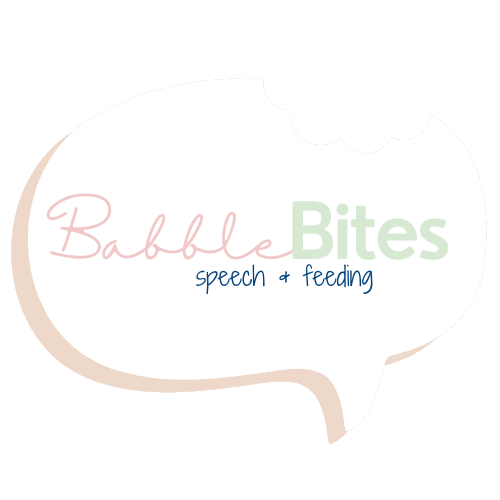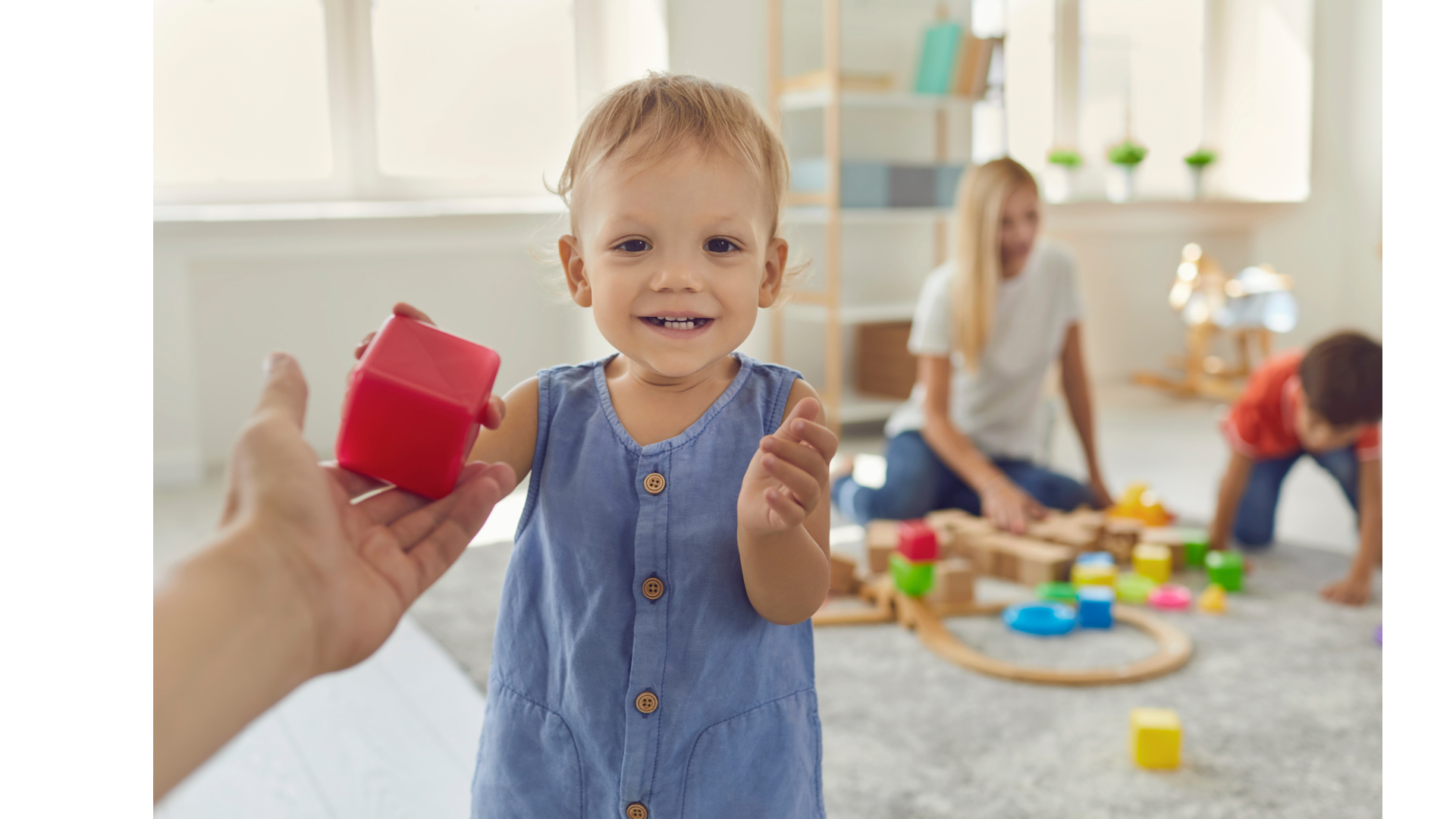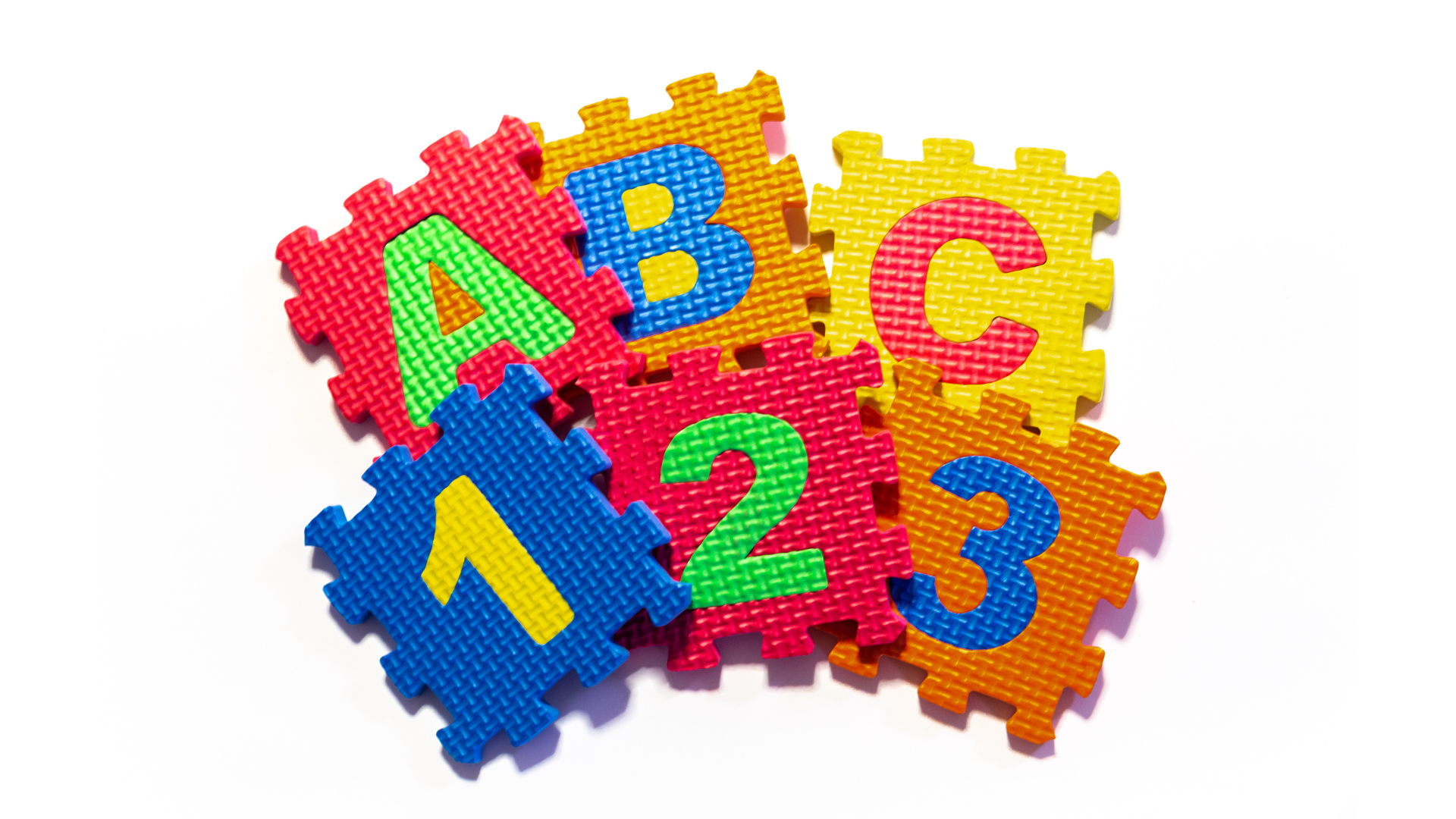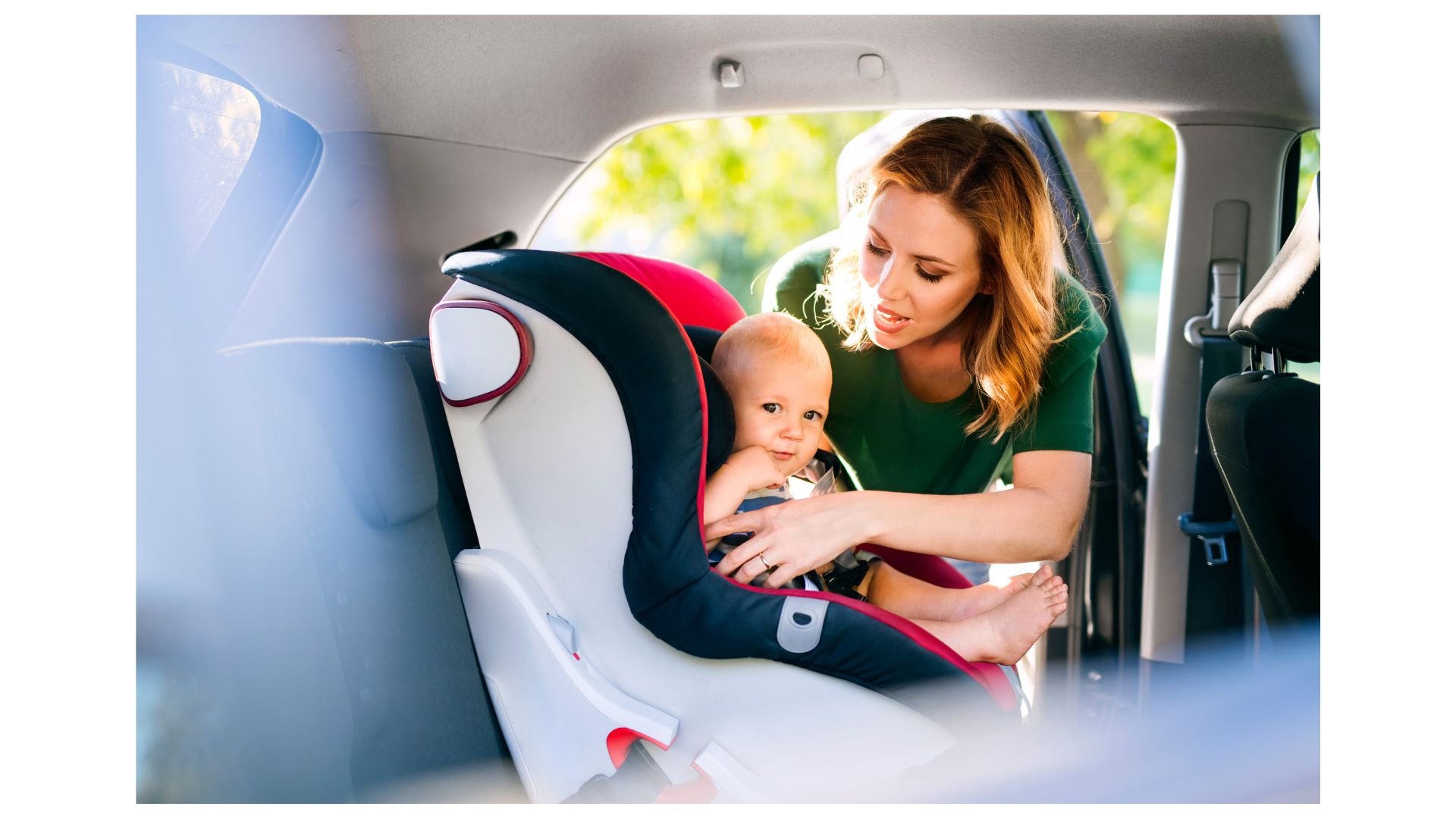Early Language
Tips and tricks from a certified speech-language pathologist to help your toddler’s speech and language development
Encouraging Language Development While Singing “Old MacDonald”
Turn “Old MacDonald” into an exciting learning adventure with tips from a pediatric speech-language pathologist! Engage your baby with interactive choices, fun pauses, and enthusiastic singing that enhance communication skills and keeps them entertained during every rendition.
Functional Words: How to Teach Your Baby to Say “Up” and “Down”
The words “up” and “down” are both functional words for babies to learn, because it gives them the ability to communicate specific wants and needs, such as to be picked up or to get down from somewhere. Learn the steps to teach your baby to say, “up” and “down.”
Functional Words: How to teach your baby to say “Go”
The word “go” is a functional and motivating word for babies to learn, because it gives them the ability to request something they want, usually within a play routine. Learn the steps to teach your baby to say “go.”
Functional Words: How to Teach Your Baby to Tell You “All done”
The word “done” or phrase “all done” is functional for babies to learn, because it helps reduce frustration by giving them the ability to tell you they do not want something anymore, whether it’s food or an activity. Learn how to teach your baby to communicate, “all done.”
Functional Words: How to teach your baby to ask for “Help”
The word “help” is an extremely functional and helpful word for babies to learn, because it gives them the ability to ask for help and reduce frustration. Learn the steps to teach your baby how to use the word, “help.”
Functional Words: How to teach your baby to ask for “More”
The word “more” is an extremely functional and motivating word for babies to learn, because it gives them the ability to request more of something they want, whether it’s food, a toy, or an action. Learn the steps to teach your baby to say “more.”
2023 Holiday Toy Gift Guide for Toddlers & Preschoolers For Language Development
Here are my 2023 recommendations, as a speech-language pathologist, of my favorite toys that are great gifts for the holidays, and tips on how to use the toys to help develop different areas of your child’s language skills.
Should I Be Teaching My Baby Letters and Numbers?: The Importance of Functional Language
Parents may start to wonder if they should already be teaching their babies letters and numbers when they first start learning to talk. Learn why speech-language pathologists recommend focusing on functional language first.
Unlocking Early Communication: A Guide to Teaching Sign Language to Your Baby
Figuring out your baby’s wants and needs before they are able to talk can be frustrating for you and your child. Teaching your baby sign language can bridge the communication gap while your baby’s verbal language is still developing.
What’s the Difference Between Speech and Language?
Two crucial aspects that develop during early childhood are speech and language skills. While often used interchangeably, speech and language are distinct yet interrelated skills that make up a child's ability to express themselves. Learn about the differences here.
8 Best Tips for How To Read Books to Babies for Language Development
Parents are often told “read to your baby,” but aren’t told how to do this to best benefit their language development. There are several easy strategies you can use to ensure that your baby is getting the most out of story time.
Building a Language-Rich Environment Through Narration
Learn how to narrate your daily activities to your baby with self-talk and parallel-talk to enhance their language development.
How to Get Your Baby to Say “Dada”
Learn these 5 quick tips to help your baby learn to say "dada." Happy Father’s Day!
Quick Tips for Parents to Help Your Baby Say Their First Words
Here are my top tips and strategies, as a speech-language pathologist, for parents to use to help their baby work towards saying their first words.
The Power of Parentese: How It Helps Babies Say Their First Words
Discover the power of parentese, the research-backed technique for early language development. Learn how infant-directed speech can help your baby say their first words.
What’s The Difference Between Identifying and Labeling?
Before children are able to use words expressively, children must first understand those words receptively. The receptive task of identifying is a building block for expressive tasks like labeling. Learn how to encourage both of these skills.
What Comes Before First Words? The Importance of Pre-Linguistic Skills
Pre-linguistic, or pre-language, skills are non-verbal skills that babies learn, which are the building blocks for learning language. These skills help babies interact with those around them before they are able to use words. Learn what they are and how to encourage their development.
9 Language Skills to Build with Potato Head
Potato Head is a staple in any speech-language therapist’s toy arsenal, and creates opportunities to work on several different functions of language, as well as early imaginative skills.
How Do I Help My Toddler Start Combining Words?
Now that your toddler is saying single words, two great strategies to help your toddler start to say phrases include expansions and the plus one strategy.
Stop Quizzing Your Toddler and Do This Instead To Increase Early Language Skills
When we’re trying to get our toddlers to talk more, we may find ourselves constantly quizzing them. Learn why you should use the three statements to one question ratio rule instead to boost your toddler’s early language development.





















